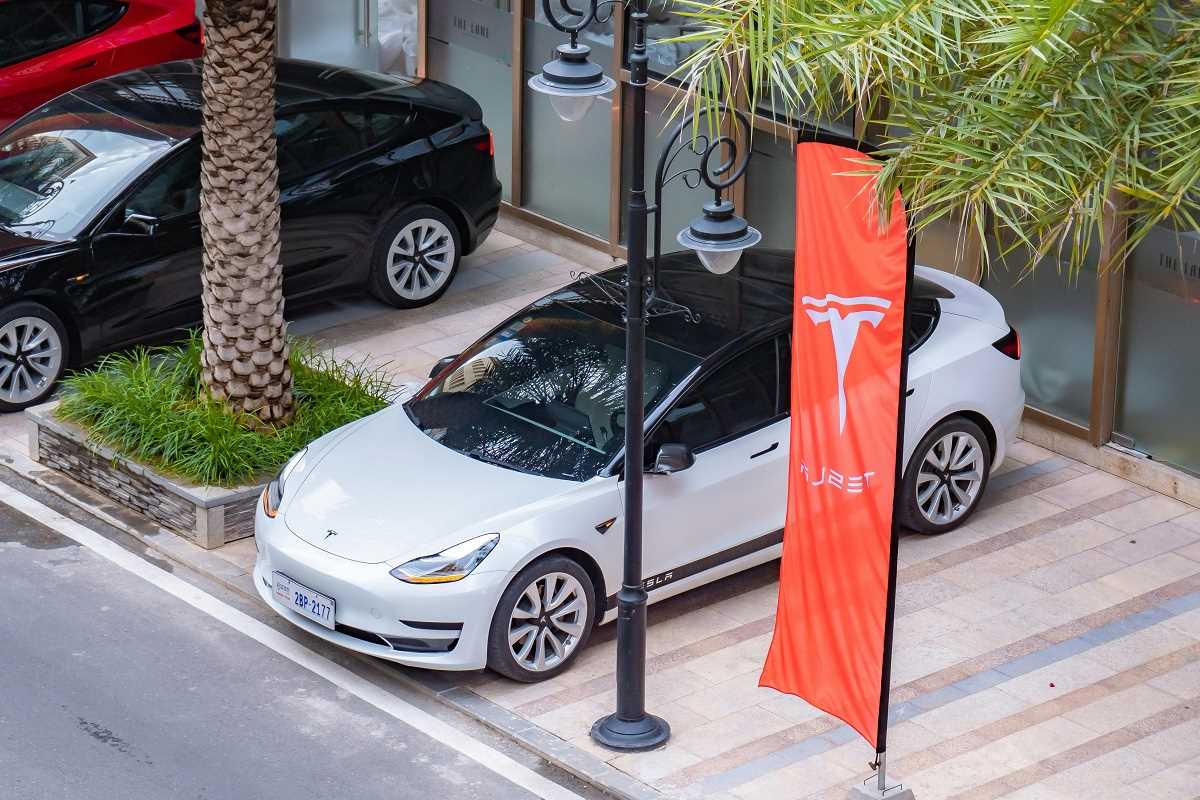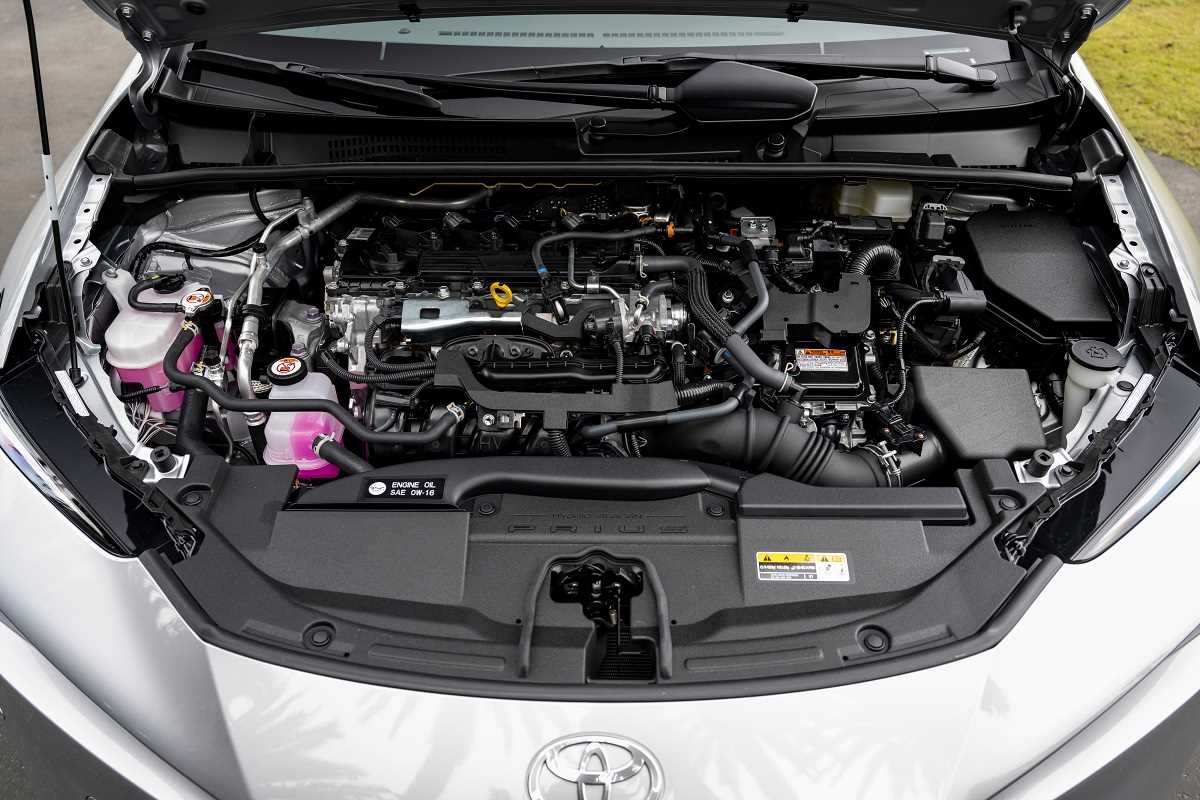Electric vehicles (EVs) are making waves in the automotive industry, being lauded for their eco-friendliness, low running costs, and advanced technology. However, as much as EVs are touted as the future of transportation, they’re not a one-size-fits-all solution. While they work exceptionally well for many, some individuals might find traditional gasoline or hybrid vehicles more suitable for their needs. Below are several factors to consider if you’re debating whether an EV is the right choice.
Limited Access to Charging Infrastructure
One of the most significant barriers to EV ownership is access to charging stations. If you live in a rural area or a region with limited charging infrastructure, owning an EV may feel more like a hassle than an upgrade. Unlike gasoline stations, which are plentiful and easy to find in most areas, EV charging can be sparse in certain locations.
This becomes even trickier if you don’t have the option to install a home charging station—a common issue for apartment dwellers or renters. Without reliable home charging, you may find yourself scrambling to plan charging stops, which can be particularly inconvenient if you’re juggling a busy lifestyle.
For these individuals, a hybrid or traditional gasoline car might offer more flexibility without the concern of being tethered to a charging network.
Long-Distance Travel Needs
If you frequently drive long distances, particularly in areas where fast chargers are scarce, an EV might not be the most practical choice. While modern EVs tout driving ranges of 200 to 300 miles or more on a single charge, this is often under ideal conditions. Factors like weather, driving habits, and route elevation can significantly reduce range.
Long road trips in an EV often require careful planning, including locating charging stations along the route and accounting for the time it takes to recharge, which could add hours to your travel time. Gasoline-powered cars, in contrast, allow for quick refueling, minimizing stops and keeping you on the road.
For frequent long-distance commuters or cross-country travelers, hybrid vehicles offer a middle ground with an extended driving range and reduced fuel consumption.
Budget Constraints
Another consideration is cost. Though EVs have lower operating expenses compared to traditional vehicles, their upfront purchase price is often higher. Even with government incentives and tax breaks, some buyers might find that the price tag of a new EV exceeds their budget. Home Charger installation, which ranges from several hundred to a few thousand dollars, adds to this expense.
Additionally, while many EVs have lower maintenance costs due to fewer moving parts, specialized repairs, such as battery replacements, can be costly. For those on tight budgets, investing in a reliable used gas-powered or hybrid car might make more financial sense than stretching to purchase an EV.
Cold Climates Can Be Challenging
If you live in an area with harsh winters, an EV might not perform as well in your environment. Cold weather significantly affects battery performance, often leading to reduced driving range and longer charging times. Additionally, heating the cabin in an electric car requires drawing power from the same battery that powers the vehicle, meaning you’ll deplete your range faster during colder months.
For drivers in extreme climates, a traditional internal combustion engine vehicle or hybrid might be a better choice for consistent, reliable performance. Gasoline-powered cars generate heat more efficiently in cold weather, making them more suited for harsh climates.
Heavy Towing or Hauling Needs
Electric vehicles are not yet ideal for drivers who tow heavy loads or transport large amounts of cargo regularly. While models like the Ford F-150 Lightning and Rivian R1T are making strides in this area, towing can still dramatically reduce an EV’s range, often by half or more. This isn’t practical for those who frequently travel long distances with heavy trailers or equipment.
For drivers in industries like construction, farming, or those who love recreational towing (boats, campers, etc.), a traditional truck or hybrid model might better meet their needs without the added stress of range interruptions.
Limited Technological Adaptability
While the idea of owning an advanced, high-tech EV can sound appealing, not everyone feels comfortable navigating the unique technology that comes with these cars. EVs typically include advanced touchscreens, smartphone integration, and complex driver-assist features, which can be intimidating for those who prefer minimal tech in their vehicles.
Additionally, range monitoring, charging schedules, and app-enabled vehicle controls require adapting to a new way of managing your car. Drivers who aren’t tech-savvy or simply prefer the straightforwardness of traditional vehicles may find EVs overly complicated.
Current EV Technology Limitations
It’s also essential to note that while EV technology has progressed rapidly, it’s not yet perfect. Factors like battery degradation over time, limited model availability in some regions, and the environmental concerns associated with battery production could sway buyers away. Furthermore, the infrastructure and EV range improvements needed to eliminate driver anxiety around charging aren’t universally in place yet.
For those who don’t find today’s EVs aligning with their expectations or values, opting for a hybrid might help balance technological advancements with traditional reliability.
Driving Habits and Lifestyle
Your daily driving habits and lifestyle priorities play a significant role in determining whether an EV fits your needs. For example, if you frequently drive in areas with minimal traffic, a hybrid or gasoline vehicle might already offer excellent fuel efficiency. Rural drivers who drive on unpaved or rugged terrain might also prefer the durability of older, gas-powered vehicles that don’t rely on sensitive systems.
On the other hand, city dwellers or suburbanites with shorter commutes and access to charging stations are more likely to benefit from the efficiency and low running costs of an EV.
Choosing the Right Vehicle
Ultimately, the type of vehicle you choose should align with your lifestyle, budget, and daily needs. While EVs are undoubtedly the future of personal transportation, they’re not the right choice for everyone—yet. Factors like limited charging options, climate challenges, towing demands, and budget constraints highlight why some drivers might find hybrids or gasoline cars a more practical choice for now.
Making the right decision comes down to understanding your priorities and how much you’re willing to adapt to new technology. Whether you end up going electric, sticking with gas, or choosing a hybrid, the best vehicle for you will always be one that meets your unique needs without compromise.
.jpg) (Image via
(Image via

.jpg)



